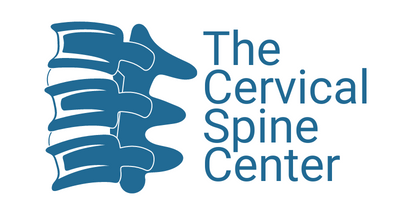07 Jun What Do Patients Want to Know About Cervical Spine Surgery?
I recently typed into Google the following search term: “Cervical Spine Surgery” and Google suggested that the following are the most common questions asked by users of the search engine:
- Is cervical spine surgery a major surgery?
- How long does it take to recover from cervical spine surgery?
- What is the success rate of cervical spine surgery?
- Is cervical spine surgery risky?
We thought it would be a good idea to go through each question one by one.
Question 1: Is cervical surgery a major surgery?
Major surgery was traditionally thought to involve any procedure that (1) lasted longer than 3 or 4 hours and (2) with a blood loss over 1 liter or 20% of your total blood volume. Most cervical spine procedures are done from an anterior approach and include cervical fusion or disc replacement. These two procedures are usually less than two hours in length, with minimal blood loss. Patients usually go home the same day or the next day. In general, cervical spine surgery is not major surgery.
Question 2: How long does it take to recover from cervical spine surgery?
Recovery includes three aspects: (1) activities of daily living (ADLs), (2) work, and (3) physical activity. Activities of daily living include waking up and getting ready for the day, dressing yourself, caring for yourself, and driving. Most patients can accomplish these tasks immediately after surgery. Work depends on the amount of activity involved in your job, but even the most difficult work should allow patients to return within 3 to 6 months. Physical activity can be included with work, but this is more targeted towards sports such as running, yoga, cross-fit, skiing, and biking to name a few. Running is the hardest activity, and we usually do not recommend returning to a normal schedule until 6 months after surgery.
Question 3: What is the success rate of cervical spine surgery?
Cervical spine surgery is very successful. It is far more effective at treating radiculopathy (arm pain) and myelopathy (weakness) than isolated cervical neck pain. Overall, 80% of patients improve after surgery.
Question 4: Is cervical spine surgery risky?
The risks have become much lower over the past 25 years. Common complaints after surgery include dysphagia or sore throat that occurs in 40% of patients but resolves within 1 – 2 weeks. After cervical surgery, approximately 4 – 6% of patients will develop disc degeneration at a level above or below the initial surgery site. Other complications such as heart attack, pulmonary embolus, or death occur in less than 1% of patients.



